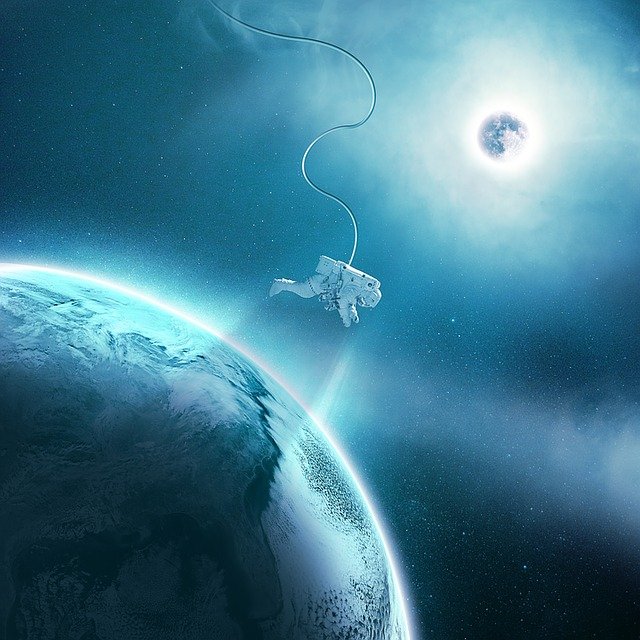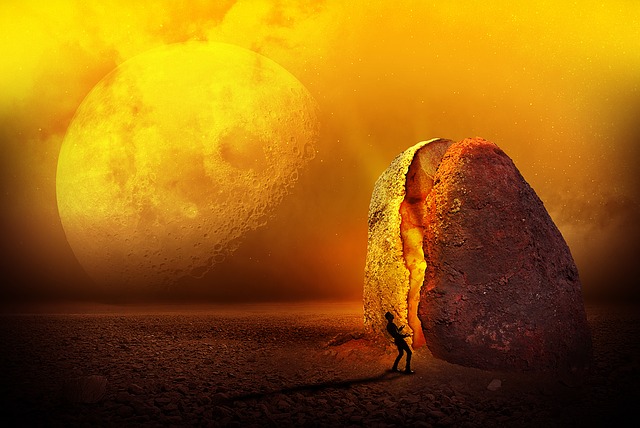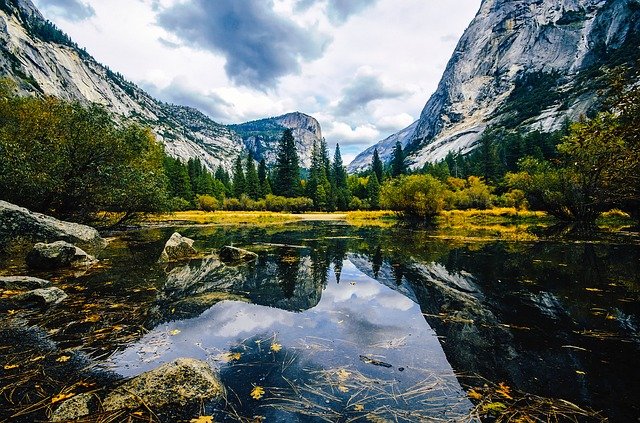 It’s only natural that we focus our attention on the human condition. All of our efforts to gain knowledge, to gain understanding, to gain control, are related to humanity and our place in the universe. We strive to understand how we came to be, and where we go from here. In the process, we give token acknowledgment to other animal species, other life forms, and how we compare or differ.
It’s only natural that we focus our attention on the human condition. All of our efforts to gain knowledge, to gain understanding, to gain control, are related to humanity and our place in the universe. We strive to understand how we came to be, and where we go from here. In the process, we give token acknowledgment to other animal species, other life forms, and how we compare or differ.
What we fail to recognize is that there is a fundamental force in nature that is hard-core proof of intelligent design, proof of God’s recipe for life.
We need to face it. We will never completely understand our universe and the forces that govern it. We will probably never be able to identify solid proof, in the context of our grasp of logic, that God exists and is the Creator of all we observe. What we can do is compile a list of observations that our science cannot explain other than the existence of God and His works.
At the top of the list is what might be called life force.
We have become so accustomed to the cycle of life, that we don’t recognize the miracles that have been occurring on our planet since the first life form emerged. Most of us have never considered that we humans have something in common with all life forms, from the smallest fish in the sea to the carrots growing in our garden. It might be called life force.
We all know about DNA and how that determines our makeup, from the color of our eyes to our potential height. But the story is much more complex. The missing element is the invisible, unidentified force that causes all living things to mature and reproduce. The seed from the smallest plant contains the instructions for duplicating itself. All animal forms have the impulse to engage in activity that results in reproduction.
There isn’t a single rock, a single grain of sand, or a single element that contains the impulse to reproduce itself. The human body, and even the most elaborate plant life, is composed of the basic components of water, minerals, and chemical compounds. Yet none of those components, by itself, contains the unidentifiable life force.
Somewhere in the makeup of every living thing is the energy and blueprint that dictates how that living thing will develop – how big it will become, when growth ceases and aging begins, how and when it will reproduce, and when it will die.
Our science continues to analyze and identify much of the mechanics of living things. Science has been very successful in identifying how living things develop. What they have been unsuccessful in identifying is the “why.” Why does one batch of chemicals and elements become a living thing while another combination becomes a rock? Why does one combination become a self-aware human being while another combination becomes a carrot? Yet both share that common trait that the rock does not have – life force.
Perhaps there is only one explanation – the unmeasurable, undetectable, will of God.
 There is a common expression – “whatever doesn’t kill you, makes you stronger.” The origin of this expression can be traced back to 19th-century German philosopher, Friedrich Nietzsche who wrote “Out of life’s school of war—what doesn’t kill me, makes me stronger.” That simple, yet profound thought has been tweaked, modified, and appropriated by various platforms over the years for good reason.
There is a common expression – “whatever doesn’t kill you, makes you stronger.” The origin of this expression can be traced back to 19th-century German philosopher, Friedrich Nietzsche who wrote “Out of life’s school of war—what doesn’t kill me, makes me stronger.” That simple, yet profound thought has been tweaked, modified, and appropriated by various platforms over the years for good reason.








